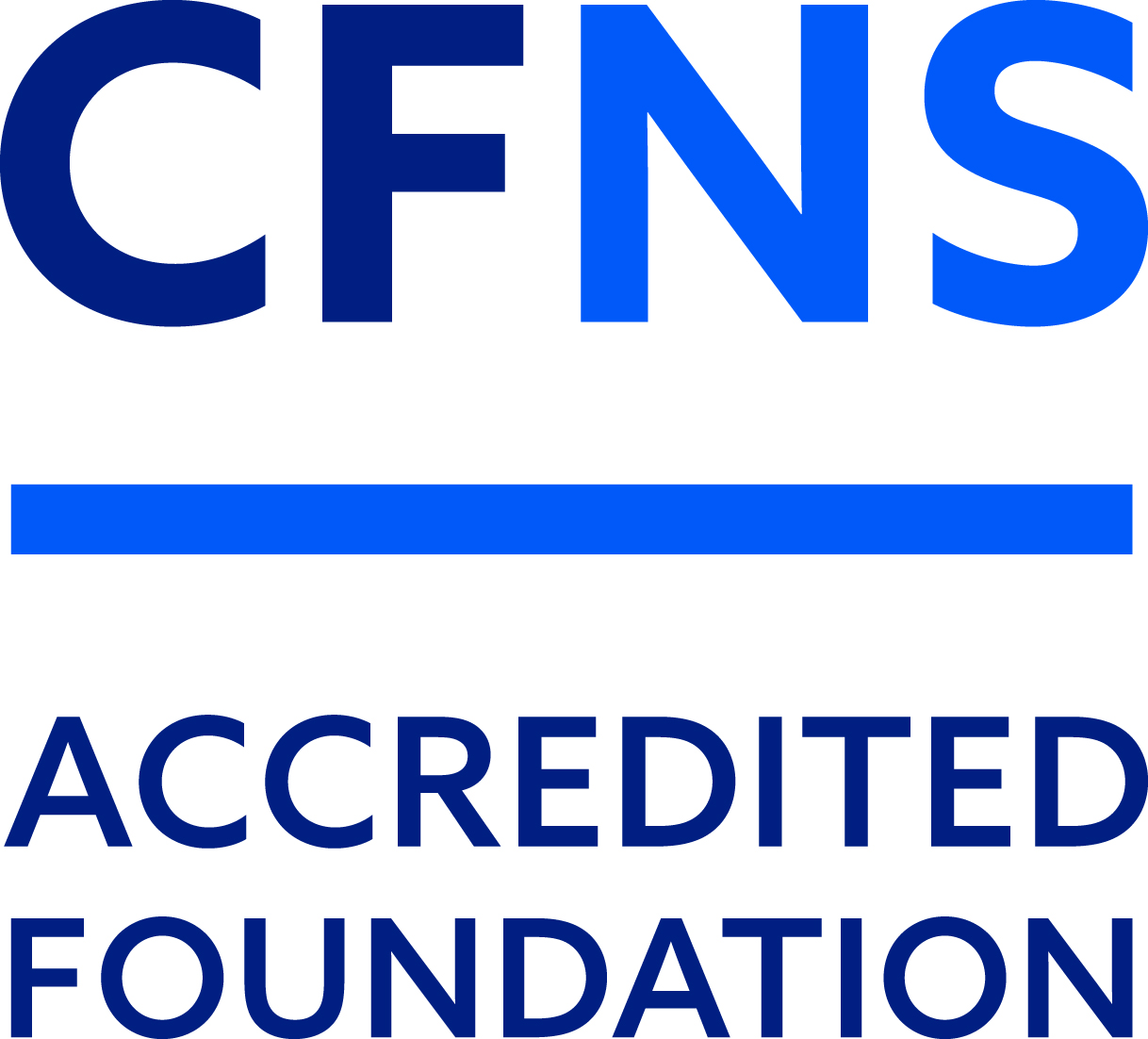Frequently Asked Questions
What is Richland County Foundation? Richland County Foundation was founded in 1945 and is a 501c3 public charity that primarily serves the residents of Richland County by disbursing grants to local charitable organizations for their programs and projects with the earnings from component funds established for that purpose.
What is a community foundation? A community foundation is an independent, tax-exempt public charity whose mission is to accept and administer charitable gifts and bequests, regardless of size, for the benefit of the local community. Community foundations fulfill donors’ charitable goals by awarding grants that meet a broad range of community needs, from the arts to basic human needs, to the environment.
Typically, a community foundation is comprised of many separate component funds. Unlike private foundations, community foundations funds come from many sources, including individuals and families, businesses, and other nonprofit organizations.
The first community foundation started in 1914 in Cleveland, Ohio. Today there are over 700 independent community foundations located across the country.
What is the advantage of a community foundation over a private foundation? A fund at a community foundation can be easily and quickly established with no start up costs. Gifts to community foundations generally have a greater tax benefit. There are no required annual payouts, filings, or taxes. The community foundation staff provides community knowledge and information about local public charities. Donors to the community foundation have the opportunity to be anonymous if desired.
How does a Donor Advised Fund Work? The donor takes a tax deduction at the time of the gift ($10,000 or more to establish the fund) and has the privilege of suggesting grants to any public charity in the U.S.A. There are no required annual distributions. Grants must be $250 or more and will be processed in a matter of days. The grantee charity receives the name of the fund with the grant check, but the donor can be anonymous if desired. Regular fund statements are sent to the donor. No annual taxes are paid and no documents are required to be filed by the donor.
What type of assets can my client use? Cash, marketable securities, or real estate, readily marketable tangible personable property, IRA and retirement plan assets, as well as planned gifts such as life insurance, charitable trusts, and charitable gift annuities.
Gifts of real estate require a qualified appraisal, a preliminary title report and an environmental assessment.
Gifts of tangible personal property such as artwork, jewelry, and collectibles will be evaluated individually by the Foundation for suitability before being accepted.
Gifts of appreciated long-term capital assets are generally deductible according to their fair market value with the additional benefit of the appreciation (capital gain) not reportable as income.
How can my client provide support for a favorite charity? The donor should designate the charity(s) at the time of the gift, for regular annual grants, or suggest grants from a donor advised fund.
The donor may also identify an area of charitable interest, such as children, college scholarships, indigent elderly, and the Foundation Board of Trustees will seek out the appropriate recipients.
What are the tax benefits? Contributions to Richland County Foundation receive the maximum tax benefit available by law.
How can I best talk to my clients about charitable giving? Include charitable giving as part of any planning discussion. Most clients rely on their advisors for complete and comprehensive information, even though they make their own decisions.
How are the funds invested? Funds of the Foundation are invested in a well diversified professionally managed portfolio. Each fund is allocated a portion of the pooled portfolio. The large size of the portfolio serves to minimize costs and provides access to investments not normally made available. The portfolio is governed by an investment policy and the Finance Committee. Outside professional investment advisors are utilized for management of the portfolio with close oversight by the Finance Committee.

